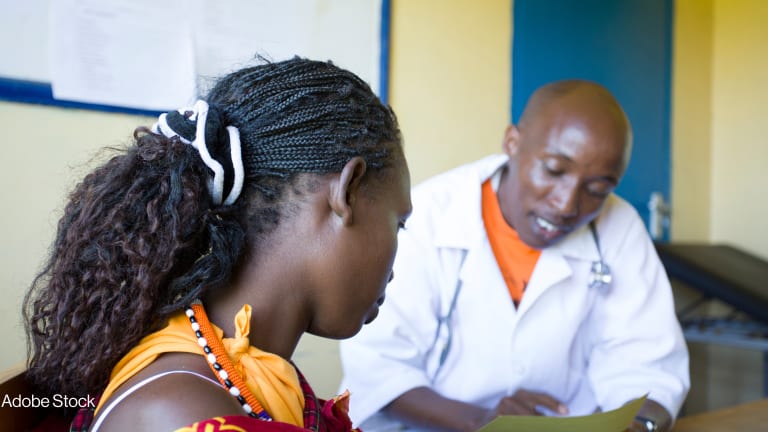The intersection between climate change and human health is a critical area for policy intervention on the African continent. Key areas to consider include strategic risk assessments, greenhouse gas emissions reductions, collaborative partnerships, a unified global response, and swift action to safeguard the health and well-being of African populations.
For a long time, discussions on the climate crisis had often centered around mitigation, loss and damage, and green energy — rightfully so. However, recent events have highlighted an aspect that needs equal emphasis and resources, which is the nexus of climate change and health, specifically, how changing climatic conditions is impacting people’s health now and for the future. Two recent reports, the World Malaria Report 2023 and Climate Change and Epidemics 2023 report both emphasize the growing burden of climate-amplified diseases and epidemics.
Specifically in Africa, climate change’s impact on health outcomes is growing in significance on emerging and reemerging infectious diseases, with severe implications for the continents’ public health.








